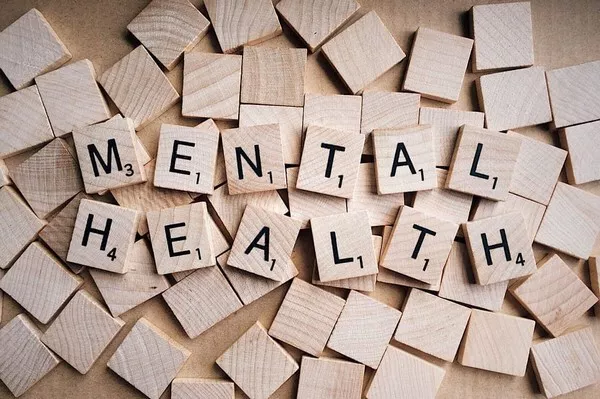Stress is an inevitable part of life, and it can have a profound impact on relationships. The dynamics between partners can be tested when external pressures start to infiltrate the personal sphere. In this article, we will delve into valuable insights from a therapist on how to effectively address stress in a relationship, fostering understanding, communication, and resilience.
1. Open Communication: The Foundation of Resilience
When stress rears its head in a relationship, open and honest communication becomes more crucial than ever. Establishing a safe space where both partners can express their thoughts and feelings without fear of judgment is key.
Regular Check-Ins: Set aside time for regular conversations about how each partner is feeling. This can help prevent emotions from building up and escalating into conflicts.
Active Listening: Pay attention to your partner’s words, tone, and nonverbal cues. Show genuine interest in their experiences and emotions.
I-Statements: Use “I” statements to express your feelings and needs. For example, say “I feel overwhelmed when…” instead of placing blame with “You always…”
2. Recognize External Stressors:
Identifying the external sources of stress that are impacting the relationship is vital. This could include work-related pressures, financial concerns, family issues, or personal challenges.
Collaborative Problem-Solving: Work together to brainstorm solutions for the external stressors. This approach can foster a sense of unity and partnership.
3. Practice Empathy:
Empathy is a cornerstone of healthy relationships, especially during times of stress. It involves putting yourself in your partner’s shoes to better understand their emotions and experiences.
Validation: Acknowledge your partner’s feelings and experiences. Let them know that their emotions are valid and understood.
Avoid Judgments: Refrain from jumping to conclusions or making assumptions about your partner’s feelings. Ask open-ended questions to gain clarity.
4. Create a Relaxation Ritual:
Shared relaxation activities can help alleviate stress and strengthen the bond between partners.
Mindfulness Practices: Engage in mindfulness exercises or meditation together. These practices can enhance emotional awareness and reduce stress levels.
Outdoor Activities: Spending time in nature, whether it’s a leisurely stroll or a picnic in the park, can provide a refreshing change of environment.
5. Set Boundaries:
Stress can blur the lines between personal and work life, leading to burnout. Establishing clear boundaries is essential.
Designate Tech-Free Time: Create periods where devices are put aside, allowing you to focus solely on each other.
“Me” Time: Encourage each other to engage in solo activities that bring joy and relaxation.
6. Seek Professional Support:
If stress is causing persistent conflicts or strains in the relationship, seeking the guidance of a qualified therapist can be invaluable.
Couples Therapy: A trained therapist can facilitate discussions, provide tools for effective communication, and guide the couple toward healthier coping mechanisms.
7. Plan Quality Time:
Amidst the chaos of stress, carving out quality time for each other is essential.
Date Nights: Dedicate regular date nights to reconnect and enjoy each other’s company.
Appreciation and Affection: Express gratitude and affection to remind each other of the positive aspects of the relationship.
8. Prioritize Self-Care:
Individual self-care is the foundation for maintaining a healthy relationship.
Self-Reflection: Take time to reflect on your personal needs and emotional well-being.
Physical Health: Engage in regular exercise, eat nutritiously, and get sufficient sleep to manage stress on an individual level.
Conclusion: Navigating Stress Together
Stress can be a formidable force, but it doesn’t have to spell doom for a relationship. By fostering open communication, practicing empathy, and collaborating on stress management strategies, couples can not only weather the storms of stress but also emerge stronger and more connected. Remember that seeking professional help is a sign of strength, not weakness, and can provide you with tools to navigate challenges and maintain a thriving relationship even in the face of stress.


